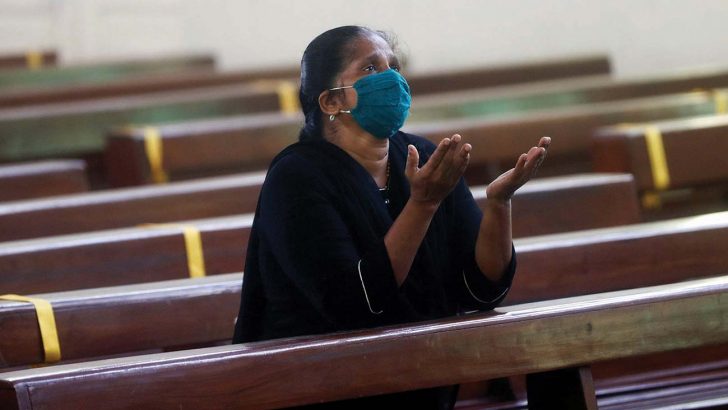Two Cambridge-led studies have found that both the distress caused by the pandemic in the UK and the experience of infection with Covid-19 in the US were reduced among people of faith.
According to a new study released by Cambridge University, religious people seem to have experienced lower levels of stress and unhappiness during the UK’s Covid lockdowns of 2020 and 2021 when compared to their secular counterparts.
At the same time, another study looking at the US population during early 2021 suggests that worsening mental health after experiencing a Covid infection, either personally or in those close to you, was also lessened by religious belief.
As a result of these findings, Cambridge economists have argued that religion “may act as a bulwark against increased distress and reduced wellbeing during times of crisis,” such as the Covid-19 pandemic represented.
“The Covid-19 pandemic was an extraordinary event affecting everyone at around the same time, so we could gauge the impact of a negative shock to wellbeing right across society. This provided a unique opportunity to measure whether religion was important for how some people deal with a crisis,” said Professor Shaun Larcom of Cambridge’s Department of Land Economy, and co-author of the latest study.
“The study suggests that it is not just being religious, but the intensity of religiosity that is important when coping with a crisis,” Prof. Larcom said.


 A woman wearing a protective mask prays inside a church in Mumbai, India, November 16,
2020. Photo: CNS.
A woman wearing a protective mask prays inside a church in Mumbai, India, November 16,
2020. Photo: CNS. 